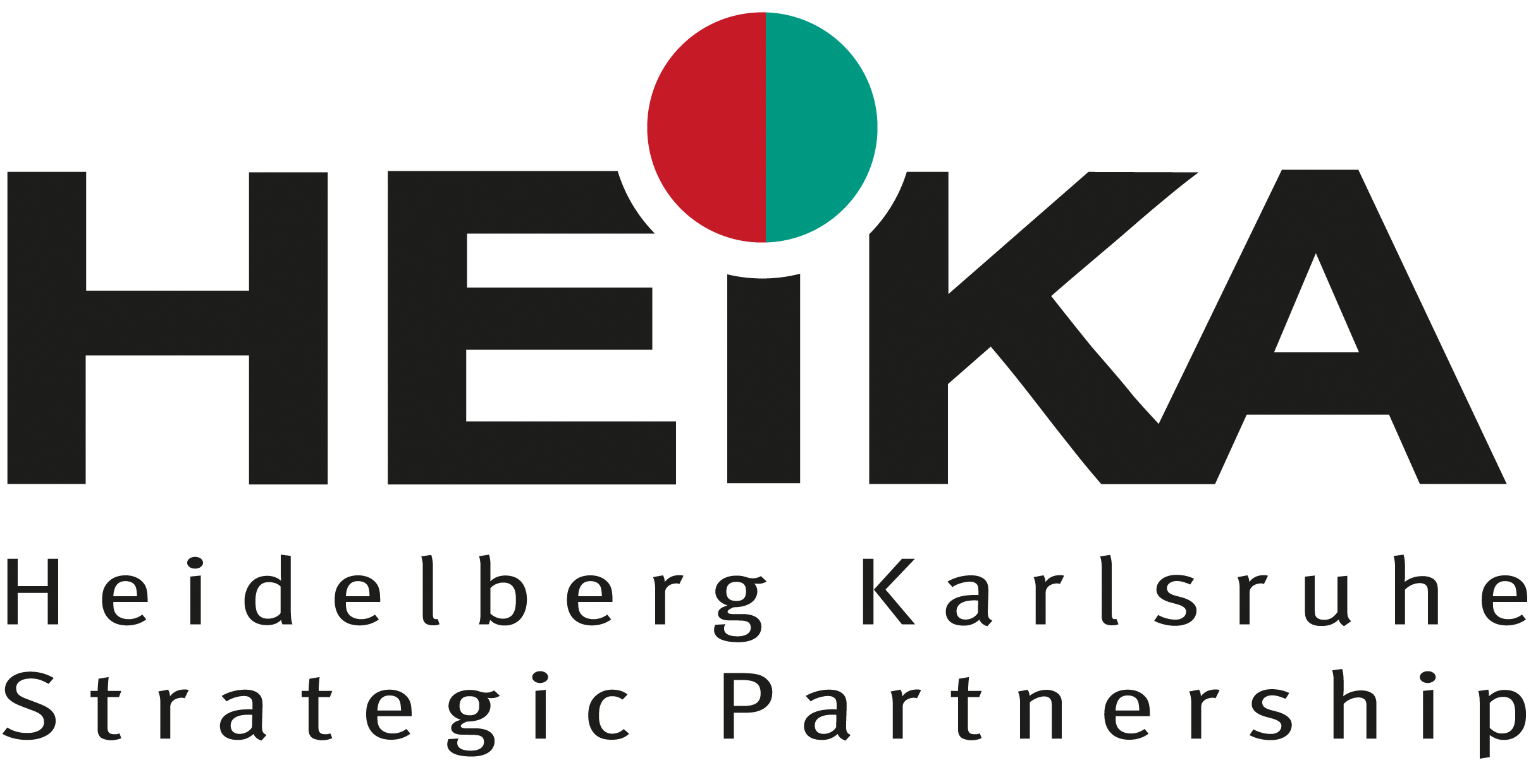For the societal relevance of organic electronic technologies, the performance of devices across their entire lifetime is more important than short-lived record-breaking figures-of-merit. This study focused on establishing the fundamental mechanisms that limit the energy payback of a benchmark organic solar cell technology. To this end, we have established in the last year a home-built solar cell degradation testing apparatus with gas-mixing board. This allows cells to be exposed to oxygen, water vapor, and light, and controlled combinations of the above while the figures-of-merit are monitored. After this controlled degradation, we built up setups to study its fundamental causes by tracking the exciton and charge dynamics with transient absorption spectroscopy and the weak sub-bandgap absorption with photo-thermal deflection spectroscopy.
Forschungsbrücken
Laufzeit
-
Centre for Advanced Materials (CAM)
Heidelberg University

